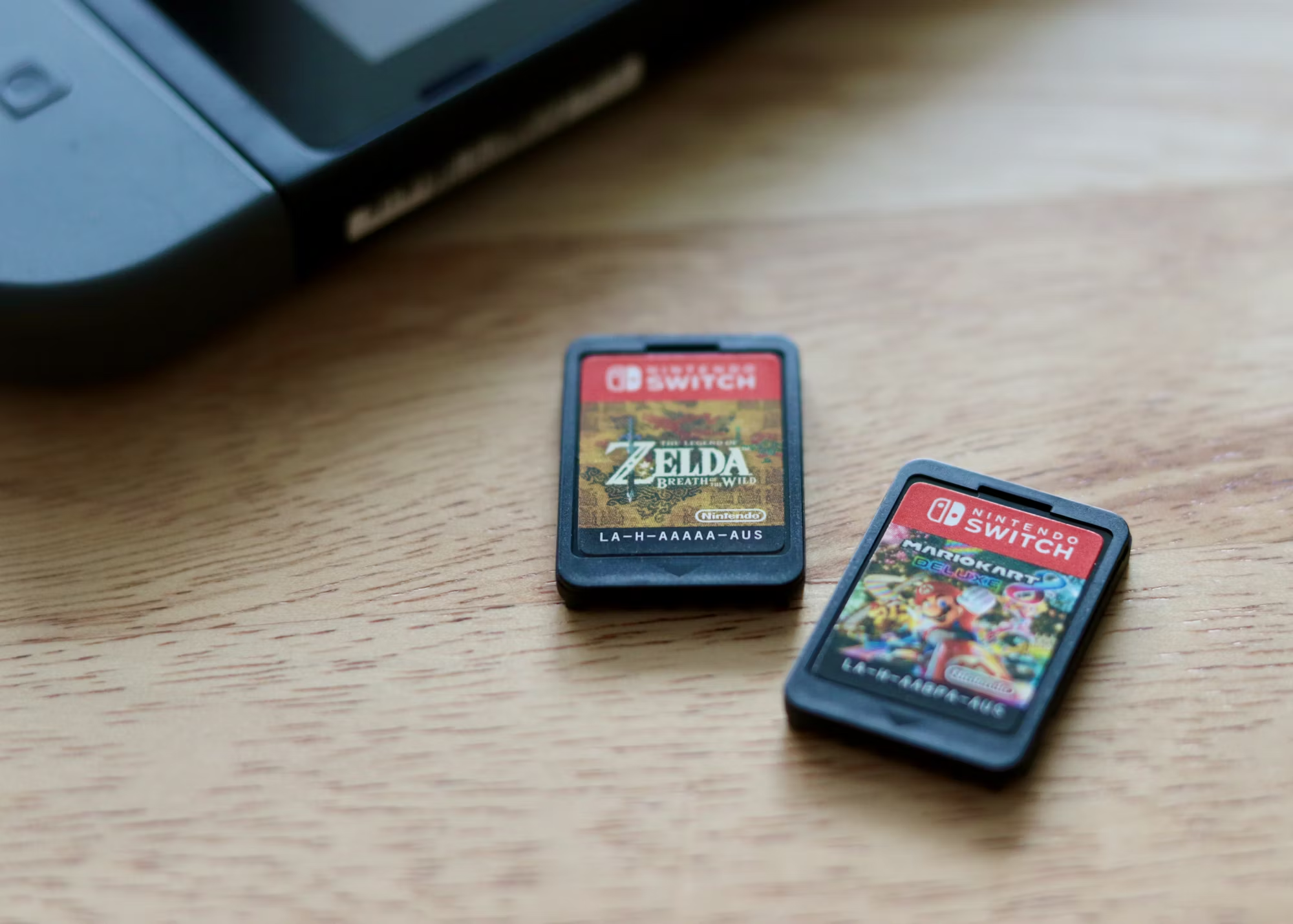Board games have long been a cornerstone of human interaction, serving as a medium for entertainment, education, and social bonding. With origins tracing back thousands of years, these games have evolved significantly, reflecting cultural changes and technological advancements. This article delves into the fascinating history of board games, their educational value, and the resurgence of tabletop gaming in today’s digital world.
The earliest known board game, Senet, originated in ancient Egypt around 3100 BCE. This game, played on a grid-like board, is believed to have had religious significance, reflecting the beliefs of the afterlife in Egyptian culture. Similarly, the game of Go, which emerged in China more than 2,500 years ago, emphasizes strategy and territorial control, showcasing the depth of thought and planning that board games can encourage. Such early games laid the groundwork for the intricate mechanics and diverse themes that characterize modern board gaming.
As time progressed, board games continued to evolve. The Middle Ages saw the rise of games like Chess and Backgammon, which became popular across Europe and the Middle East. Chess, with its deep strategic elements, has remained a favorite among enthusiasts, teaching players critical thinking and foresight. Backgammon, on the other hand, emphasizes both skill and luck, making it a versatile option for players of all ages. The appeal of these games lies in their ability to foster competition while promoting social interaction, often being played in cafes and homes alike.
The 19th century marked a pivotal moment in the history of board games with the advent of mass production. Games such as Monopoly and The Game of Life emerged, capturing the imaginations of families and becoming staples of game nights. Monopoly, originally designed to illustrate the pitfalls of capitalism, transformed into a beloved family game, highlighting the intersection of fun and educational value. These games not only provided entertainment but also reflected societal norms and economic principles, making them relevant across generations.
The educational benefits of board games are significant and well-documented. Many games encourage skills such as critical thinking, strategic planning, and teamwork. For example, games like Scrabble and Boggle enhance vocabulary and spelling skills, while strategy games like Settlers of Catan promote resource management and negotiation abilities. In educational settings, teachers have increasingly recognized the potential of board games as teaching tools. Incorporating games into lesson plans can engage students more effectively than traditional methods, fostering a collaborative learning environment.
In recent years, there has been a notable resurgence of interest in tabletop gaming, spurred by a combination of nostalgia and innovation. The rise of digital technology has allowed for the creation of more complex and immersive board games. Designers are now experimenting with themes and mechanics that cater to a diverse audience, resulting in a boom of independent game creators. Platforms like Kickstarter have enabled these creators to bring unique games to life, fostering a vibrant community of players and designers.
Tabletop gaming conventions, such as Gen Con and Essen Spiel, celebrate this resurgence by showcasing new releases and allowing players to connect. These events provide a space for enthusiasts to discover new games, meet designers, and participate in tournaments. The sense of community found in these gatherings reinforces the social aspect of gaming, where players bond over shared interests and experiences.
Additionally, the advent of digital platforms has transformed the way people engage with board games. Online platforms like Tabletop Simulator and Board Game Arena allow players to connect virtually, making it possible to enjoy games with friends and family, regardless of geographical distances. This flexibility has expanded the reach of board games, introducing them to new audiences and fostering a global gaming community. The blend of traditional gameplay with modern technology has created opportunities for innovation and creativity within the board game industry.
Another exciting trend in the evolution of board games is the incorporation of storytelling elements. Games like Gloomhaven and Dungeons & Dragons emphasize narrative-driven experiences, inviting players to embark on epic adventures and immerse themselves in rich, fantastical worlds. This focus on storytelling not only enhances engagement but also allows for personal expression, as players make choices that influence the direction of the game. This narrative aspect has attracted a new generation of gamers, further diversifying the landscape of board gaming.
The cultural significance of board games cannot be understated. They often serve as a reflection of societal values and trends, capturing the zeitgeist of their respective eras. For instance, games like Codenames and Pandemic address themes of cooperation and teamwork, resonating with a modern audience that values collaboration in an increasingly interconnected world. Understanding the cultural context of these games enriches the playing experience and fosters a deeper appreciation for the artistry and creativity behind them.
In conclusion, the evolution of board games is a testament to their enduring appeal and adaptability. From ancient times to the digital age, these games have provided entertainment, education, and social connection. As we continue to explore the rich history and potential of board gaming, it is clear that they will remain a beloved form of play, uniting people across cultures and generations. Whether through traditional classics or innovative new designs, the power of board games to entertain and educate endures, ensuring their place in our lives for years to come.


